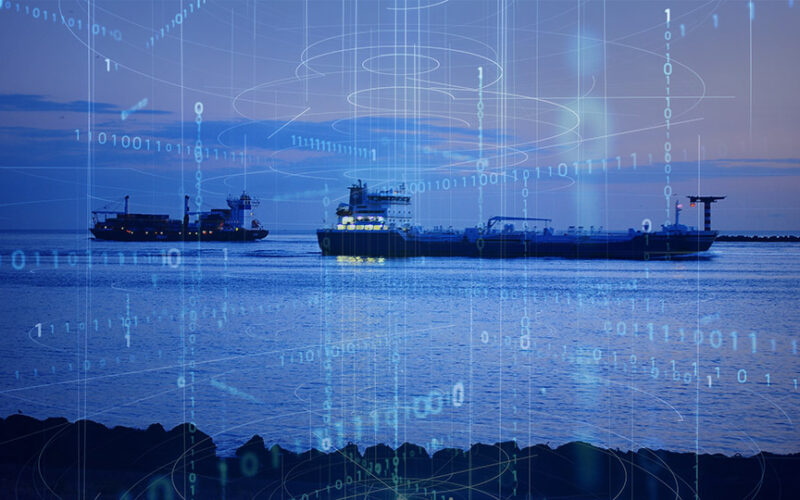The Baltic and International Maritime Council (BIMCO) has revealed a strong demand for a streamlined, standardised Maritime Single Window (MSW) system.
The International Maritime Organization (IMO) Facilitation Committee’s decision to enforce a “single window” for data sharing beginning 1 January 2024, has apparently been positively greeted by many in the shipping sector, despite one of the obstacles being a lack of understanding of the new standards.
To obtain insights into how advanced the digital process is when ships dock at ports, BIMCO collaborated with other industry associations to publish a study.
The survey, jointly conducted by BIMCO, The International Association of Ports and Harbors (IAPH), International Federation of Shipmasters’ Associations (IFSMA), and the Federation of National Associations of Ship Brokers, and Agents (FONASBA) between September and December 2023.
READ: BIMCO records 4.3 per cent container fleet capacity increase
According to BIMCO, the purpose of this study was to understand the current state of readiness for digitalisation and information submission processes between ports and ships. A total of 487 responses were received.
The survey got responses mostly from shipmasters (78 per cent); but, because some of the required port call documentation is obtained by other third parties on the ship, agents (11 per cent), and ship managers (3 per cent), were also asked to participate.
BIMCO noted that 40 per cent of respondents were unaware of the IMO’s resolution mandating national port authorities to establish a single window reporting system for data exchange in ports worldwide.
Furthermore, with 64 per cent of respondents’ port calls, port authorities continued to request either paper or a combination of paper and digital submissions.
Another significant challenge is that many ships, illustrated by 80 per cent of respondents to the survey, stated that they did not have a suitable IT application onboard.
READ: BIMCO records highest average age for containerships
BIMCO believes that having the IT infrastructure needed is crucial for maritime digitalisation as it facilitates the flow of data amongst various stakeholders, from the ship towards the port authorities and other entities involved in maritime logistics.
The survey found that gathering and submitting port call paperwork is difficult and time-consuming. BIMCO noted that respondents spent an average of more than three hours preparing and submitting the paperwork required at each port call.
The poll also emphasized the need of port uniformity, with respondents frustrated that they had to prepare multiple versions of the same material for different ports. The marine sector has already expressed concern about this issue.
A survey conducted in 2009 as part of the EU-funded research project EfficienSea2 revealed the similar pattern, however the time spent gathering and submitting the relevant information was slightly longer, at 241 minutes.
Despite the hurdles, respondents to a recent BIMCO study expressed optimism about the potential benefits of developing a worldwide, digital MSW.
This month, BIMCO appointed Stinne Taiger Ivø as the company’s new Deputy Secretary General.








